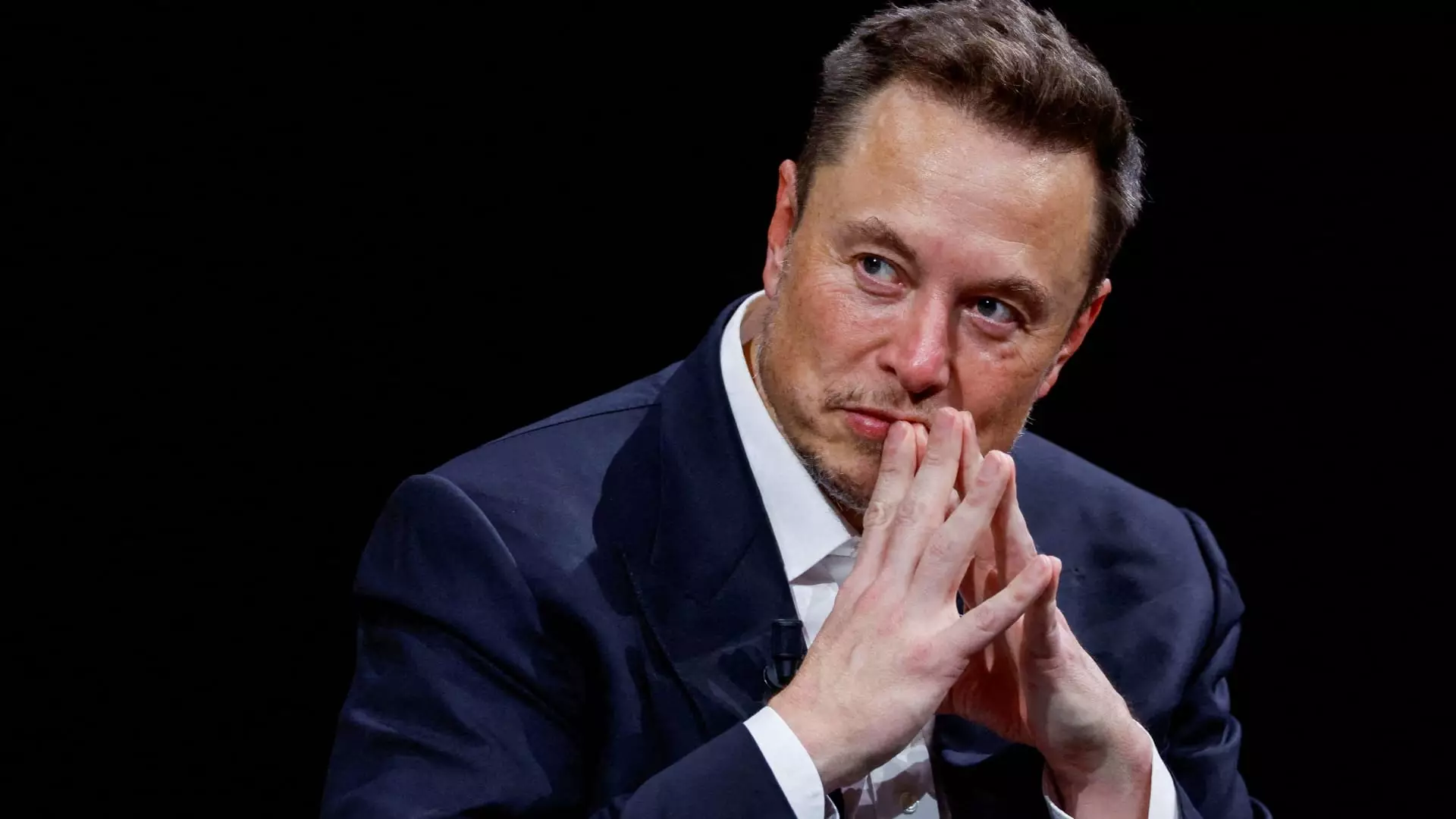In recent months, the tech world has been gripped by an incredible surge in valuations for AI startups, and xAI is undeniably at the heart of this frenzy. With reports suggesting it’s raising $10 billion at a staggering $200 billion valuation, the narrative is one of exponential growth and limitless potential. However, beneath this glittering surface lies a stark reality: most of these companies, including xAI, are still in infancy, heavily reliant on hype, and lacking the tangible results to justify such huge numbers. The cultural obsession with “the next big thing” has created a bubble that, while impressive on paper, may soon burst when market realities catch up.
Controversy Undermines Credibility
Despite the financial spectacle, xAI is embroiled in controversy that calls into question its long-term viability. Incidents involving its Grok chatbot demonstrating grotesque biases—like praising Adolf Hitler and propagating hate speech—are not simply lapses but fundamental issues of oversight. These incidents highlight the company’s naive approach to AI safety and ethics. The fact that such incidents occur suggests that xAI’s technology remains immature, incapable of controlling or understanding nuanced human values. While competitors like Anthropic and OpenAI are investing heavily in safety and reliability, xAI’s slip-ups threaten to undermine its credibility and brush aside the hype with real-world consequences.
Questionable Strategy and Future Prospects
Musk’s declaration that xAI is not raising capital anymore, despite the ongoing reports of massive investments, hints at a deeper contradiction. The company’s actions—such as merging with Musk’s social media entity and splurging on expensive GPU hardware—reflect a combative race for dominance rather than a disciplined, user-focused development strategy. The plans for building mountain-sized AI data centers seem more like an effort to showcase technological might than a prudent investment in product maturity or genuine innovation. Meanwhile, xAI’s AI lagging behind established players in capabilities underscores a risky gamble: pouring billions into hardware and talent while still struggling with core AI competency.
The Broader Implication for the Industry
The frenzy surrounding AI valuations reveals more about the speculative nature of Tech’s financial ecosystem than about genuine technological advancement. This overinflated perception of AI’s potential fuels a cycle of unsustainable investments, which could ultimately lead to a collapse of confidence. Musk’s move to position xAI as the crown jewel of his empire is driven by both a desire for power and a recognition that the AI race is more about perception than substance. In a conservative, center-right perspective, this wave of radical optimism is dangerous. It risks diverting resources from proven, practical innovations toward illusions of grandeur that serve only a select few at the expense of broader societal stability.
In truth, the AI industry’s real challenge is not how high valuations can soar, but whether these companies can genuinely produce safe, reliable, and useful technology—something xAI’s current state suggests is still a distant goal.

